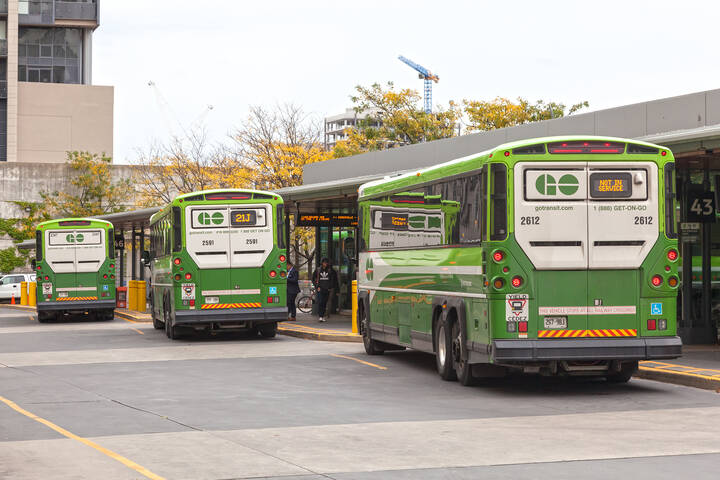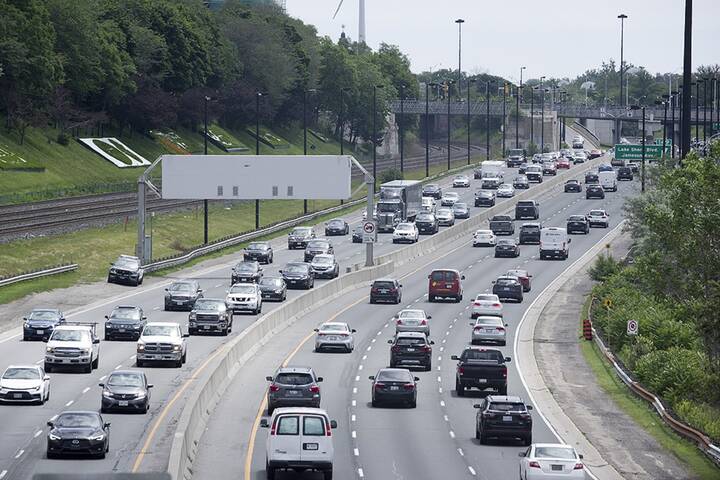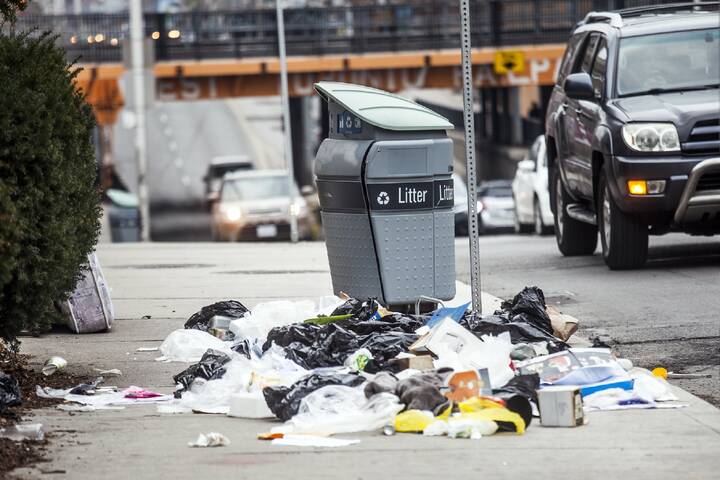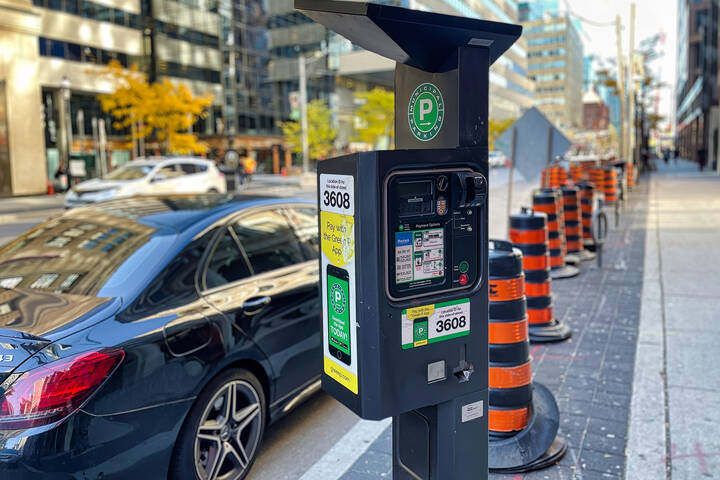
The gig economy now accounts for 10% of Toronto's workforce
Freelancers, contract employees, hired guns, on-demand specialists, Uber drivers, temps... whatever you call them, it's likely that you either are, have been, or know someone who's earned money as part of the "gig economy" in recent years.
A new study released by Statistics Canada on Monday shows that the share of unincorporated self-employed workers across the country jumped from around 1 million people in 2005 to 1.7 million in 2016, which is the most recently-available year for such data.
The latter figure represents roughly 8.2 per cent of the entire Canadian workforce aged 15 and older, according to StatsCan, with "gig workers" being defined as those "who enter into various contracts with firms or individuals to complete a specific task or to work for a specific period of time."
"This includes independent contractors or freelancers with particular qualifications and on-demand workers hired for jobs mediated through the growing number of online platforms," reads an executive summary of the study, which is titled "Measuring the Gig Economy in Canada Using Administrative Data."
Are you a self-employed #freelancer or an on-demand worker hired for jobs through online platforms? If so, check out our new study about measuring the #GigEconomy in Canada: https://t.co/m13xkaxZZg. #CdnEcon pic.twitter.com/94courp2RP
— Statistics Canada (@StatCan_eng) December 16, 2019
Several popular online platforms such as Uber, TaskRabbit, Upwork, Fiverr and Freelancer are highlighted in this particular study, which found that some 9 per cent of GTA residents had done work through one of these sites or apps as of 2017 (though, as the report points out, "online platforms are only part of the gig economy.")
In the City of Toronto, specifically, 9.9 per cent of all workers were participating in the gig economy as of 2016. Vancouver is the only Canadian city that posted a higher workforce share rate for non-employees at 10.4 per cent.
What's interesting is how long most people observed by federal governent scientists actually stuck with gig work exclusively.
Interesting new @StatCan_eng paper on measuring the number of gig economy workers in Canada. Researchers Sung-Hee Jeon, Huju Liu and Yuri Ostrovsky find over 8% of workers are gig workers. https://t.co/qWgn8irVtc #cdnecon pic.twitter.com/o7o8cMKxMe
— Trevor Tombe (@trevortombe) December 16, 2019
"For most gig workers, gig work was only a temporary activity. Roughly one-half of those who entered gig work in a given year had no gig income the next year," reads the study.
"However, a non-negligible share of gig work entrants—about one-quarter—remained gig workers for three or more years."
Of course, as of 2016, there were more gig workers in Canada with full or part-time jobs (read: T4 slips) in addition to their contract work than there were straight contract workers.
Trends were also observed across the country regarding who is most likely to participate in gig work: Women, immigrants, arts workers and people with lower-than-average incomes.
"In all years, the share of gig workers was substantially higher among women than among men—and this gap widened over time," note the study's authors. "In 2016, the share of female gig workers was about 9.1 per cent, while the share of male gig workers was about 7.2 per cent."
Precarization on the rise in Canada.
— Aline (@AlineSociology) December 16, 2019
Women overrepresented in the gig economy.
Source: https://t.co/pkoeeCvMs2 pic.twitter.com/KWp4fm90ml
A whopping one-third of all male gig workers in Canada were found to be immigrants as of 2016, with recent immigrants making up a larger share than those who'd been in Canada for 20 years or more.
Workers whose main occupations were in arts, entertainment and recreation were most likely to be gig workers in 2016, while those in manufacturing and utilities were least likely to have side hustles.
Given how closely-linked rates of gigging are to one's income level, this makes sene.
"The results showed that the annual income of a typical gig worker was usually low," reads the study.
"Workers in the bottom 40 per cent of the annual income distribution were about twice as likely to be involved in gig work as other workers."
Uber Eats
Latest Videos
Latest Videos
Join the conversation Load comments







